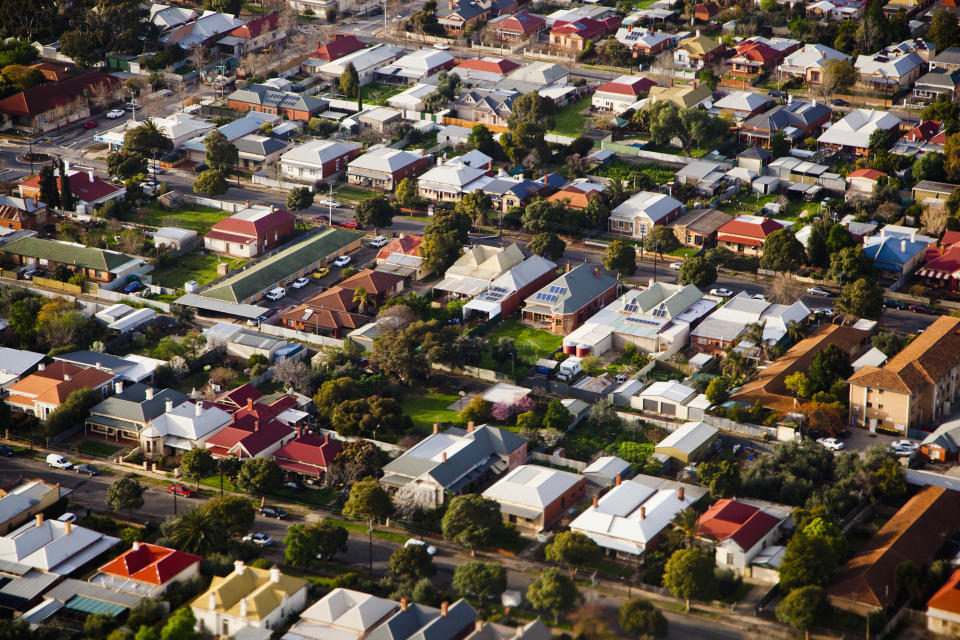House prices could halve in property ‘bloodbath’

Sydney and Melbourne property prices could fall by half, in what one economist is warning will be a “property bloodbath”.
The two cities will likely see a fall of between 15 and 20 per cent in 2019, according to LF Economics’ founder Lindsay David’s base case, but he believes there’s a slight chance the fall could accelerate to 50 per cent over the longer term.
“We think there’s a chance property prices could fall by half in Sydney and Melbourne over the long run,” David told news.com.au.
“I wouldn’t be surprised by falls of at least 40 per cent. When all hell breaks loose you’ve only got so many buyers out there.”
These views are significantly more ominous than those of other economists, who are predicting falls of between 20 and 25 per cent from the 2017 peak to trough.
And it’s significantly higher than the average put forward by finder.com.au’s panel of analysts and economists. They believe Sydney will see property values slide 6.30 per cent by the end of the year, and Melbourne prices will fall 6.60 per cent.
However, in his new report released today, ‘Let The Bloodbath Begin Analysis and Forecasts for Sydney and Melbourne House Prices in 2019’, David argued that without intervention, prices will fall much further, triggering a painful recession.
“Without a government or central bank ‘bazooka stimulus’ that hits the bullseye from an ever-increasing distance, the Sydney and Melbourne property markets are entering a property bloodbath,” he warned.
“Strong price falls combined with persistently negative income returns run by two-thirds of property investors will result in a significant hit to total returns.”
He made his calculations based on the “debt accelerator”, which tracks the growth or decline of mortgage debt in Australia.
The research noted that growth in mortgage debt has fallen from 6.3 per cent to 4.7 per cent in December last year, and according to most banks, that number could slide further to 2 per cent.
As this slows, it indicates house prices will also slump.
Observing this, LF Economics said the downturn in the debt accelerator will remain negative until December 2019 at least, and prices will likely fall until June 2020.
Should this occur, the two cities will be in for a property price fall to rival the 1890s depression.
And, he warned, disruptions in the mortgage broker industry, regulators and lenders decisions to limit interest-only lending and the Labor Party’s proposed negative gearing and capital gains tax reforms, are not helping the situation.
This downturn will shine a light on what David calls the “Ponzi finance model”. A Ponzi scheme is an investing scam promising high rates of return with little risk. It operates by generating returns for older investors by acquiring new investors.
He said there are too many investors in the property market and they can’t buy more property unless their home value rises.
“The declines in Sydney and Melbourne house prices since the peak in 2017 have diminished some
of the unrealised capital gains, leaving speculative property buyers, particularly those who recently
purchased, at or close to negative equity,” he said.
“Without enough unrealised equity to make a large so-called cash deposit, this cohort of buyers will increasingly be shunted to the sidelines with no ability to purchase.”
Make your money work with Yahoo Finance’s daily newsletter. Sign up here and stay on top of the latest money, news and tech news.
Now read: Buyer beware: These are Australia’s 16 worst-performing suburbs
Now read: Approvals for foreign investment in Australia’s housing market plunge again
Now read: Here’s what really fuelled Australia’s property boom

 Yahoo Finance
Yahoo Finance 
